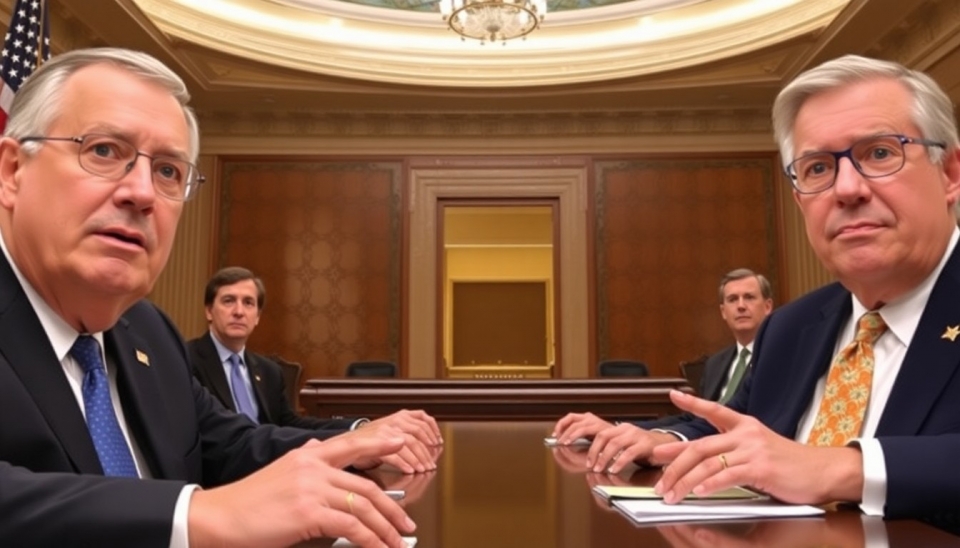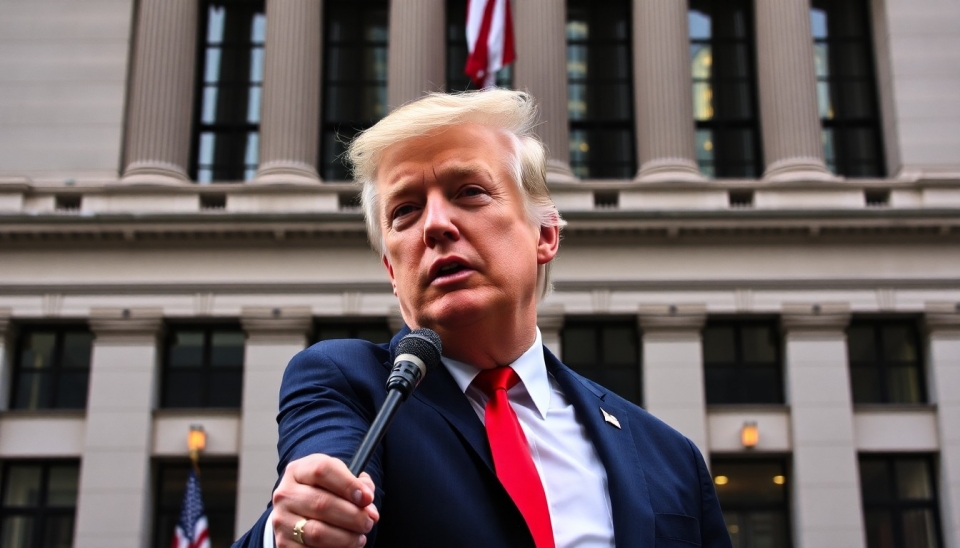
In a bold move that could reshape the telecommunications landscape in the United States, Republican senators are deliberating a significant proposal aimed at generating an estimated $100 billion by selling off valuable radio spectrum. This spectrum is crucial for wireless communications, including mobile phone services, broadband, and other digital networks.
The proposed initiative stems from the recognition that the federal government holds a substantial amount of unused and underutilized spectrum, which could be effectively leveraged to address the increasing demand for wireless connectivity. As more Americans rely on mobile devices and broadband services, senators are keen to tap into this asset to enhance revenue and fund various government programs.
Leading this conversation are key figures within the GOP who believe that monetizing the radio spectrum is not only a financially sound decision but also a strategic move in a rapidly evolving technological landscape. By auctioning off portions of this spectrum to private companies, the government could potentially streamline the allocation process and accelerate advancements in communication technology.
The ramifications of this sale could be profound. Analysts suggest that a successful auction could significantly bolster federal revenues, thereby providing funds for initiatives ranging from infrastructure improvements to educational programs. Furthermore, increased investment in wireless technology resulting from the sale could lead to broader access to high-speed internet in rural and underserved areas, ultimately narrowing the digital divide.
However, the idea is not without its challenges and criticisms. Critics express concerns over the potential fallout such a sale could create for smaller telecommunications providers who may find it challenging to compete with larger corporations for spectrum rights. Additionally, there are apprehensions regarding the impact on rural communications, where the availability of spectrum is already scarce.
Moreover, the logistical aspects of conducting a successful auction raise questions. Regulatory hurdles and the technicalities of spectrum allocation will require careful navigation to ensure a fair and transparent process. It will be essential for lawmakers to consider the implications of such a sale on existing wireless services and the future of telecommunications infrastructure.
As discussions progress, key stakeholders, including industry leaders and digital advocates, are being consulted to weigh the benefits and risks associated with this potential spectrum auction. The outcome of these negotiations will likely dictate not only the fate of this proposal but also the future trajectory of the telecommunications industry in the U.S.
In conclusion, the GOP's consideration of selling radio spectrum represents a significant intersection of finance, technology, and regulatory policy that could have wide-reaching impacts on the American economy and society at large. Stakeholders will be closely watching how this unfolds in the coming months as senators evaluate the best path forward in navigating these complex decisions.
#GOP #RadioSpectrum #SpectrumSale #Telecommunications #WirelessTechnology #Infrastructure #DigitalDivide #FederalRevenue
Author: Emily Collins




